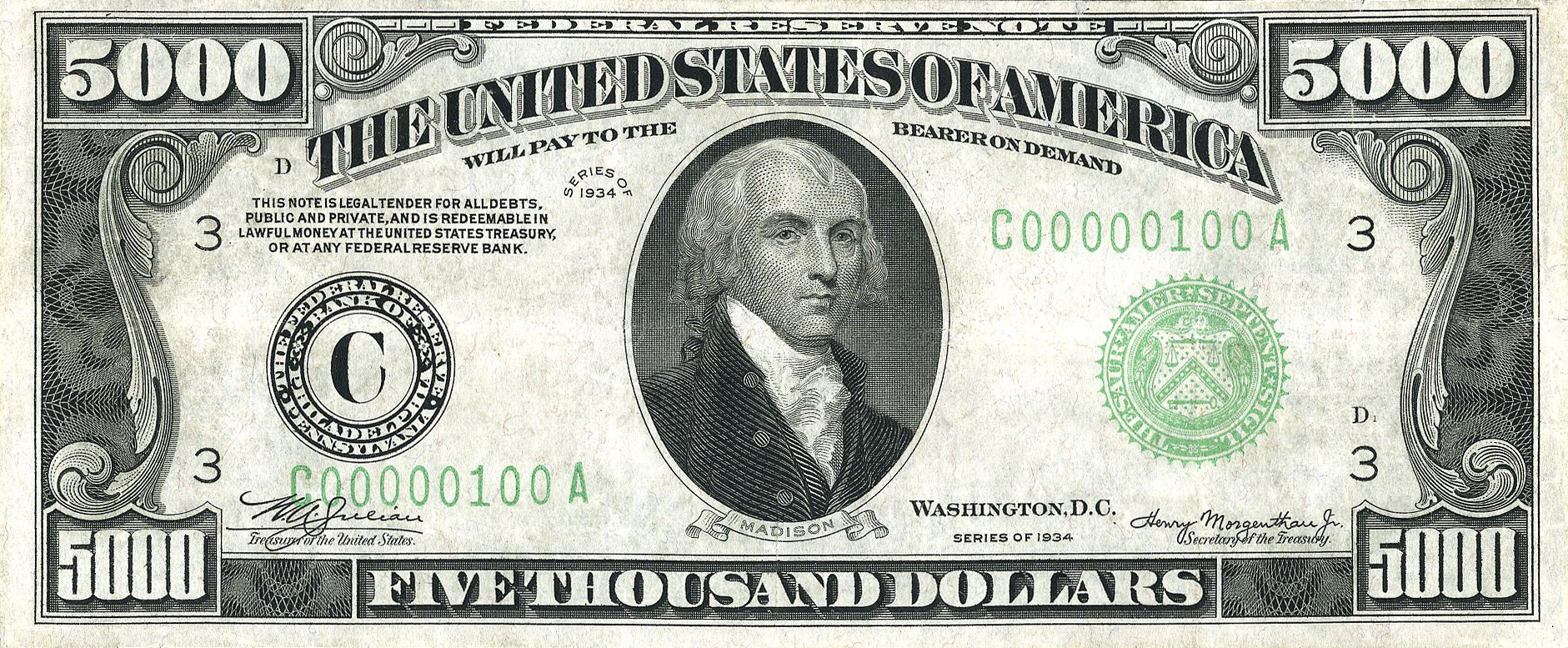Course:Law3020/2014WT1/Group P/Law As Efficiency
Using the law of economics theory on this case makes it difficult to reconcile the judges’ decision. In tort law it is easy to see how the decisions of the court to make the accused party pay only if it the cost to prevent the harm is less then that of the probability and the cost of the accident. Also, in Contracts, allowing parties to breach their original deal for a more favourable one if the new deal is more than the amount it would take to compensate the original would be beneficial to voluntary market deals.
These examples give deterrents and incentives if it is efficient to do so, assuming that all people are rational. Discriminating against same-sex marriage does not seem efficient by these standards. By limiting the benefits to only opposite-sex couples it deprives from one group without giving the ability to compensate to the other, which would fail both the Pareto-superior and Hicks tests. The only justification would fall on the decision of the legislation to redistribute wealth as they see fit without the need to be efficient.
The fact that the majority gave same-sex couples recognition of being an analogous group under s. 15 could be related to the economics of property law where the enjoyment of the right would be most efficient when in the hands of those who enjoy it most and by allocating this group those rights the wealth is most efficient in their hands. However, as the critics posit “rights must be grounded in something more pertinent then the contingent fact that our enjoying them happens to be efficient”

